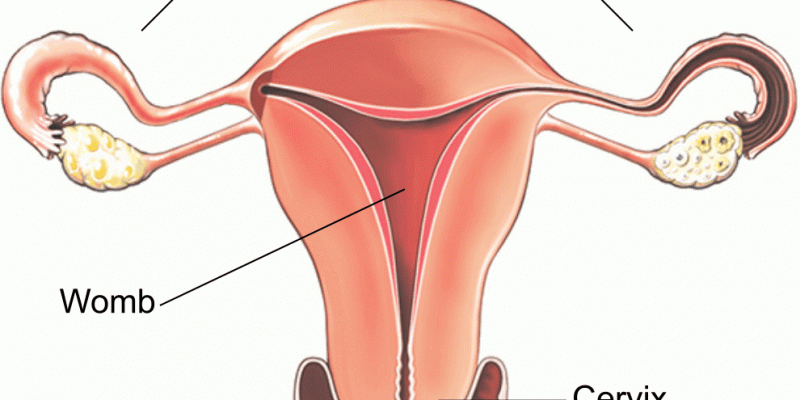Modern medicine is straying away from bigger incisions, and larger wounds into smaller incisions and targeted therapy through laparoscopic and robotic surgery. These surgeries are not only less painful, if performed by experts like Laparoscopic Surgeon in Lahore, but also mean less down-time and faster recovery for the patient. Examples of such surgeries include: laparoscopic cholecystectomy, appendectomy and even hysterectomy.
Read on to know more about the advantages of laparoscopic procedures over traditional surgeries:
What is laparoscopic hysterectomy?
Hysterectomy is no longer regarded as a major invasive surgery even since the advent of laparoscpic hysterectomy. This surgery refers to the removal of the uterus for any number of causes. Traditionally, the surgery is performed by making an incision on the abdomen, and removing the uterus alone—known as partial hysterectomy, or along with the cervix—known as complete hysterectomy. If the fallopian tubes and the ovaries are also removed, as in case of a malignancy, the procedure is called hysterectomy with salpingo-oophorectomy.
Apart from traditional hysterectomy, other surgical options include: hysterectomy through the vagina—vaginal hysterectomy, or through camera operated laparoscopic surgery. In the latter, small incisions are made on the abdomen and surgical tools are inserted into the abdominal cavity to remove the uterus.
Advantages
Laparoscopic hysterectomy offers the following benefits over traditional hysterectomy:
Less risk of bleeding
Because laparoscopic hysterectomy involves smaller and shallower incisions, the odds of complications—including the risk of bleeding, are less. The minimally invasive nature of the surgery makes wounds smaller and the risk of surgery quite less. Commonly, transfusions are not needed and the patients recover from surgery safely.
Removal of lymph nodes
In comparison to traditional procedures, laparoscopic hysterectomy offers the surgeon a superior surgical tool for the removal and dissection of the lymph nodes when malignancy is suspected. In gynecological cancers, lymph nodes are removed for staging the cancers, and this procedure is made easier with laparoscopic approach.
Shorter hospital stays
Laparoscopic hysterectomies take between one and three hours to complete. During the time, the patient is under general anesthesia. After the surgery, the patient is kept for at least one night for observation and then discharged. From patient point of view, there is less inconvenience with shorter hospital stays. Traditional surgery may require staying in the hospital for at least three days.
Faster recovery
Apart from shorter hospital stays, laparoscopic hysterectomy means shorter recovery time as well. Most patients recover within a week, and return to daily activities soon thereafter. For traditional hysterectomy, this time varies between 4 to 6 weeks, and demands a high postoperative care. Most healthcare providers urge their patients to return to their activities as soon as they feel better.
Smaller scars
Traditional hysterectomy involves a six to twelve-inch incision on the abdominal wall. In comparison, laparoscopic surgery involves much smaller and shallower incisions, and therefore smaller scars. Laparoscopic hysterectomy also allows maximal preservation of supporting structures like cardinal and uterosacral ligaments.
Less complications
With laparoscopic hysterectomy, there is better visualization of the anatomy for the surgeon, and therefore, there are less chances of intra-operative complications. This visualization is particularly critical when working around the bladder, as most traditional hysterectomies involve damage to the bladder, intraoperatively. However, in laparoscopic hysterectomy, there are less chances of such complications. Even when working with adhesions from previous surgeries, or with metastatic cancers, laparoscopic surgery offers distinct advantage over traditional surgery.
Laparoscopic hysterectomy also protects from post-operative complications including wound-site infections.
As with any type of surgery, follow-up care with the performing surgeon like Laparoscopic Surgeon in Karachi is mandatory. Be sure to follow all the appointments with your healthcare provider after the surgery, even if you are feeling better.



